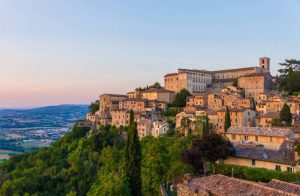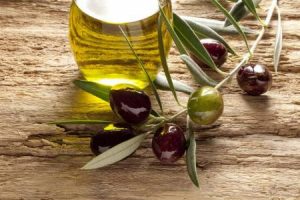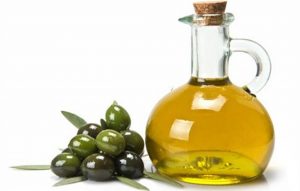17.11.2018
NEW TEST, NEW PROTECTION OF QUALITY
Do you remember certifications like IGP (in Italian: “Indicazione Geografica Protetta”, Geographic Protection) and DOP (“Denominazione di Origine Protetta”, Protection of Origin and Denomination)?
Now we have a new one: the DNA certification.
Indeed, in order to give the consumer guarantees that an extra-virgin olive oil is one hundred percent Italian, laboratories can perform a DNA test, directly on the product.
Everyone knows that the oil is one of the leading products of the Italian food sector, that many initiatives are dedicated to it; and today comes an extra certification.
The Italian National Center for Research (CNR) carried out a global mapping of the DNA of the various olive agricultural varieties, which researchers can compare with the fragments extracted from the oil to be certified. Thus, the consumer can obtain a guarantee of the provenance of the product, but also of the company itself.

The project was born in the province of Perugia upon request of a single farm, “Monte Vibiano Vecchio Castle farm”. The scientific survey, however, was performed by the laboratory of the Institute of Biosciences and Bio-resources of CNR in Perugia, which obtained the patent to proceed with this type of test.
The oil of the Monte Vibiano Vecchio Castle farm has now this new DNA certification, performed by the Institute of Biosciences and Bioresources of the CNR of Perugia, where Nicolò Cultrera, CNR researcher, declared that after many years CNR managed to create a national patent for this type of oil extraction.
At the moment, there is no commercially available kits, able to simulate the same exam. Further, Nicolò Cultrera declared that CNR has succeeded in developing molecular markers of the latest generation that allow laboratories to apply the test on DNA coming from the fat matrix of olive oil.
NEW FRONTIER
The process of DNA testing on olive oil is the first worldwide molecular certification for an oil. It was announced, for the first time in the world, in the month of November 2018 at Castello Monte Vibiano Vecchio in Umbria.
The new generation test will be a new frontier of research and, at the same time, an invincible technological tool to counter the food sophistication, commercial frauds, falsification of labels and traces of origin, not only for olive oil, but for every kind of food in the future.

The owner of Castello Monte Vibiano Vecchio, Lorenzo Fasola Bologna, has declared that the test was applied, for the first time, on his own production of 15 thousand plants. In addition the DNA certification adds to the Monte Vibiano Protocol, which is used by other producers in order to olive oil, so that, after DNA certification, is both for the farm and for the consumer sure that a 100 percent Umbrian oil arrives to his table.
The company is also known for launching in 2008 the “360° Green Revolution” which has made it the first zero emissions CO2 farm in the world with UNI ISO 14064 certification.




